Judicial Branch
0.0(0)
Card Sorting
1/54
Earn XP
Description and Tags
Flashcards to study for Judicial Branch exam
Last updated 12:55 AM on 4/12/23
Name | Mastery | Learn | Test | Matching | Spaced | Call with Kai |
|---|
No analytics yet
Send a link to your students to track their progress
55 Terms
1
New cards
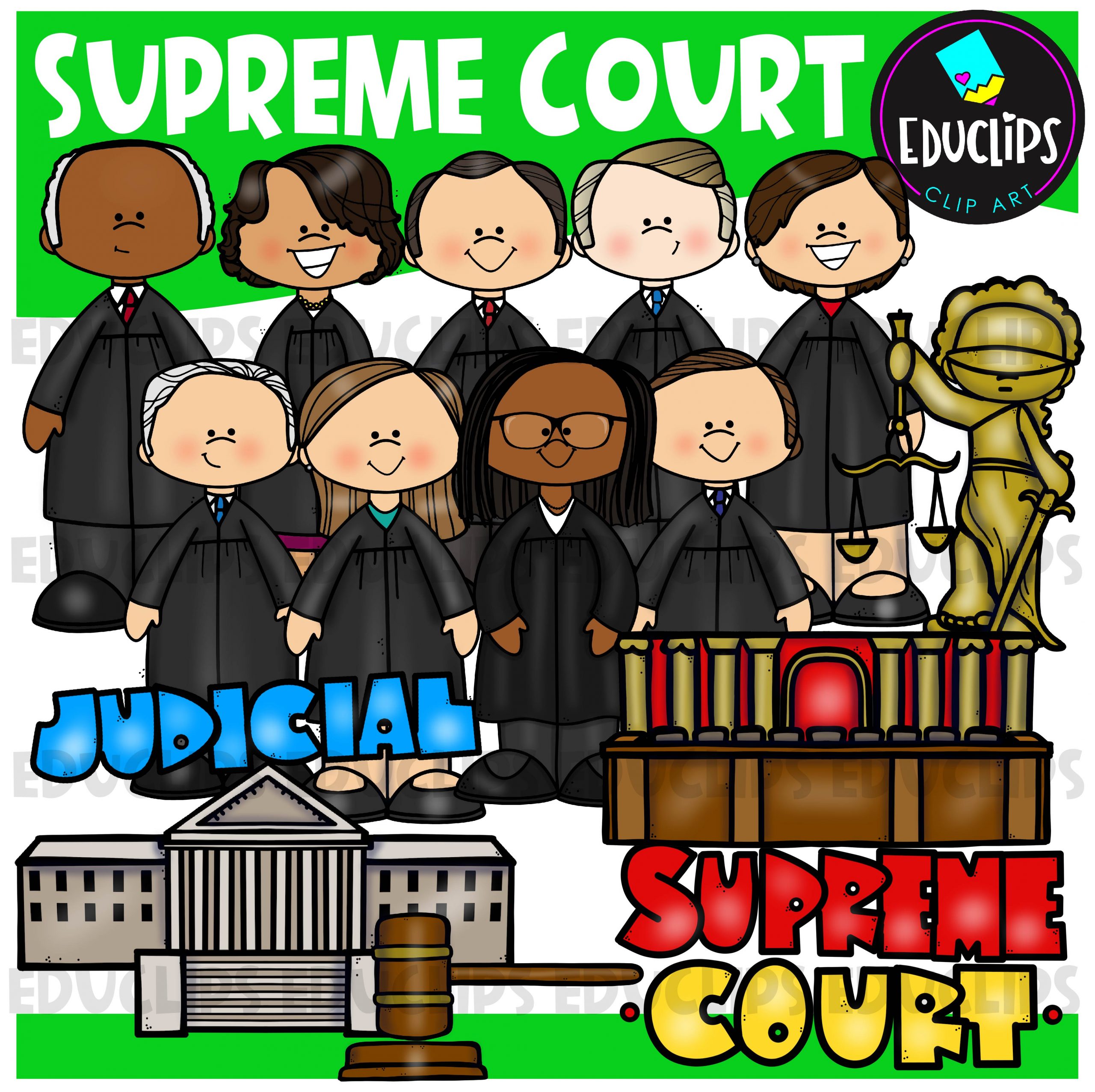
Describe the process in which a person becomes a Supreme Court Justice
They are nominated by the president who then submits a nomination to the Senate, if approved by the committee the nomination is submitted to the full Senate for a confirmation vote
2
New cards
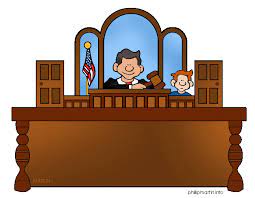
What types of cases are heard in state courts?
state, regulation of trade, and other disputes
3
New cards
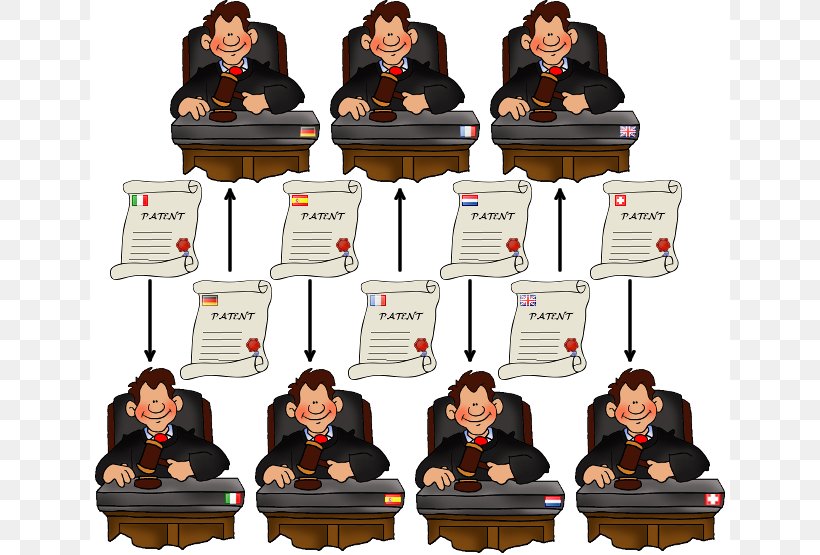
Explain the difference between original and appellate jurisdiction
original jurisdiction is when the court has the authority to hear the case for the first time while appellate jurisdiction is when they have the authority to review the decisions made in lower courts
4
New cards
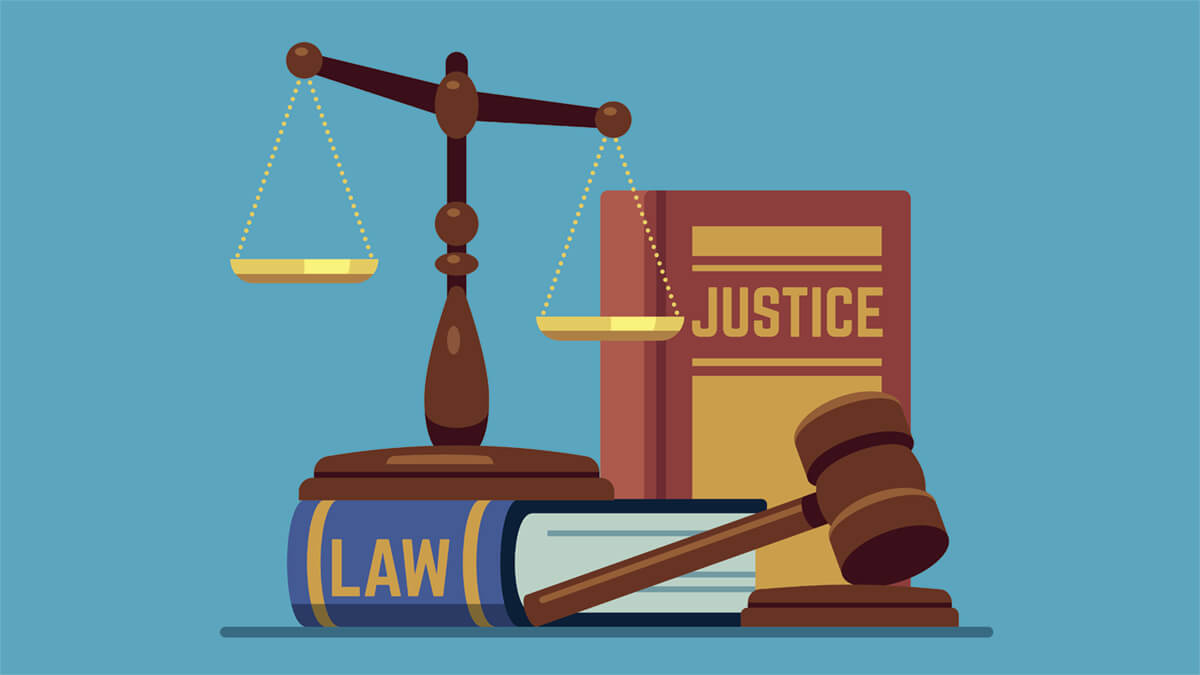
What is criminal law?
the branch of law that regulates the conduct of individuals
5
New cards
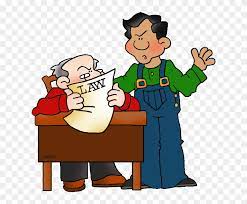
What is civil law?
the branch of law that concerns relationships between private parties
6
New cards
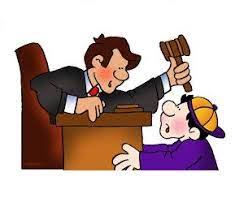
What is the burden of proof for criminal cases?
To be found guilty beyond a reasonable doubt
7
New cards
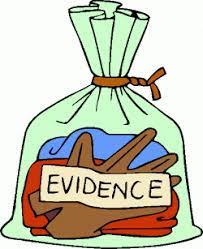
What is the burden of proof for civil cases
A preponderance of evidence
8
New cards
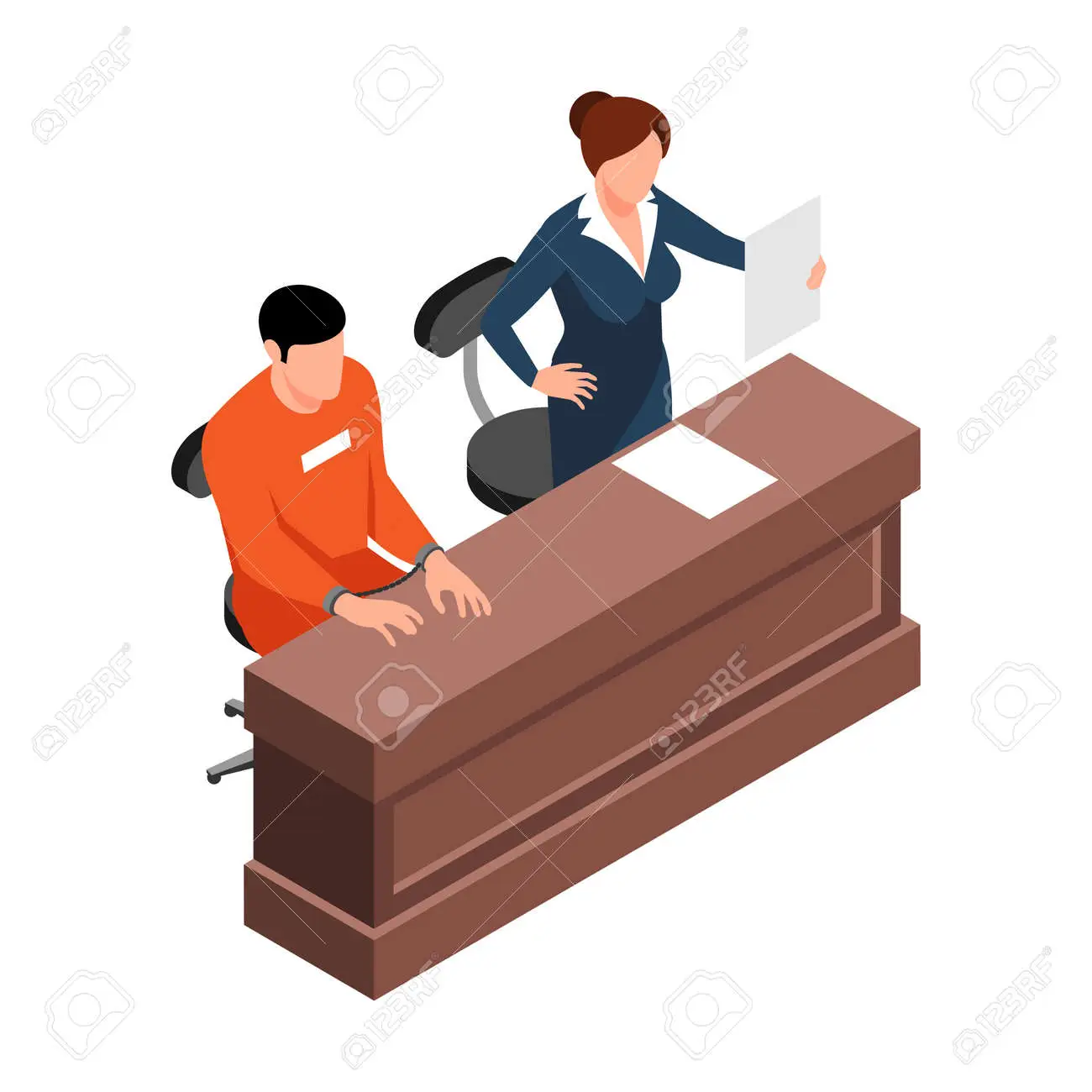
Who is the defendant?
The person accused of a crime
9
New cards
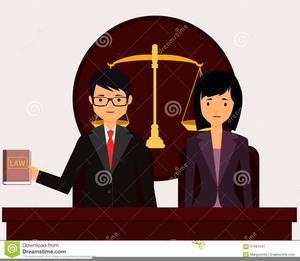
Who is the prosecution?
The lawyer or team of lawyers bringing the evidence against the defendant
10
New cards
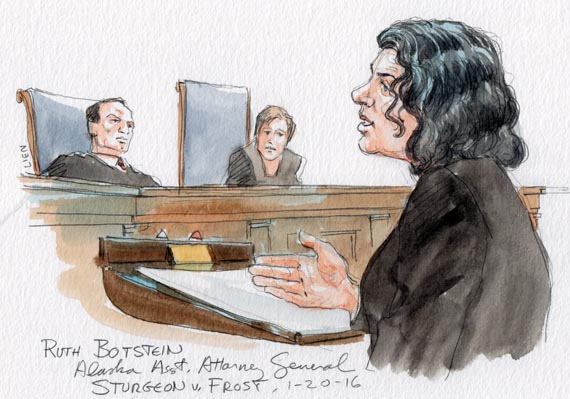
What does an amicus brief do?
Lets the court know that the issue at hand is important to more people
11
New cards
Who is the plaintiff?
The person or party who brings a lawyer against another party in a civil case
12
New cards
What is a writ of certiorari?
A document issued by the Supreme Court ordering that a case from a lower court be brought before it
13
New cards
What are damages?
Money to compensate for the losses suffered
14
New cards
What does beyond a reasonable doubt mean?
There must be no reasonable explanation for what happened other than the accused did it
15
New cards
What is the Court of Last Resort?
The Supreme Court
16
New cards
What does Loose interpretation of the Constitution mean?
The Federal government can do what the Constitution doesn’t allow for
17
New cards
What does strict interpretation of the Constitution mean?
The Federal government can only do what the Constitution allows for
18
New cards
What is judicial activism?
based on the belief that the Court has both the right and obligation to use its power of judicial review
19
New cards
What does judicial restraint mean?
holds that judicial review should be used sparingly
20
New cards
What does judicial review mean?
under which executive and legislative actions are subject to review by the jury
21
New cards
what is petty offense?
minor crimes
22
New cards
what is the Grand jury?
a group of citizens who review the evidence and charges provided by the prosecution
23
New cards
What is the Petit jury?
Trial juries
24
New cards
What is Bench trial?
A trial in which the judge decides the outcome of the case
25
New cards
What is a Preliminary Hearing?
The prosecution presenting its case to a judge
26
New cards
What is indictment?
A formal charge
27
New cards
What is stare decisis?
When lower courts must honor decisions made by higher courts
28
New cards
What is an arraignment?
A reading of charges against the defendant
29
New cards
What is a plea bargain?
A pre-trial process between the prosecutor, defense lawyer, and police to work out an agreement with the defendant
30
New cards
What is bail?
a sum of money the accused leaves with the court until they return for trial
31
New cards
What is subpoena?
A writ ordering a person to attend a court
32
New cards
What is Plea of No contest?
When a defendant indirectly admits guilt and gives up their right to a defense
33
New cards
What is Hung jury?
The situation when a jury can’t agree on a verdict
34
New cards
How does the Constitution protect individuals accused of a crime (based on the 4th, 5th, 6th, 7th, and 8th amendment) ?
Against unreasonable searches, self-incrimination, rights of criminal defendants, right of trial by jury, and cruel punishment
35
New cards
What is a felony?
Major crimes
36
New cards
What is a misdemeanor?
A crime worse than petty offense
37
New cards
What is the Breach of contact cases?
usually deal with contracts that have been broken
38
New cards
What are torts?
Civil wrong committed against a person
39
New cards
What is negligence?
Action, or lack of action deemed irresponsible on the part of the offender
40
New cards
What is arbitration?
when a neutral third party mediates the dispute and both sides
41
New cards
What is a preponderance of evidence?
when the plaintiff must present sufficient evidence that the defendant is most likely guilty of the claimed offense
42
New cards
What is a Writ of habeas corpeus
A report of unlawful and indefinite imprisonment
43
New cards
What is Due process?
A citizen’s entitlement
44
New cards
What was the impact of Marbury v. Madison?
It established judicial review
45
New cards
What was the impact of McCulloch v. Maryland?
It established implied powers and expands the powers of Congress
46
New cards
What was the impact of Plessy v. Ferguson?
It was used to legally justify segregation throughout the U.S
47
New cards
What was the impact of Brown v. Board of Education?
It overruled the Plessy decision
48
New cards
What was the impact of Miranda v. Arizona?
It ruled that suspects can’t be held without being told of their rights
49
New cards
What was the impact of Gideon v. Wainwright?
It ruled the right to a lawyer
50
New cards
What was the impact of Tinker v. Des Moines?
It held protection of student’s rights
51
New cards
What was the impact of New Jersey v. TLO?
It held that students can be searched when school authorities have reasonable suspicion
52
New cards
What was the impact of Schenck v. U.S?
It established clear and present doctrine
53
New cards
What was the impact of Mapp v. Ohio?
It held that evidence seized unlawfully couldn’t be used in criminal prosecution
54
New cards
What is exclusionary rule?
a law that prohibits the use of illegally obtained evidence in a criminal trial
55
New cards
What was the impact of Gitlow v. NY
It held that constitutional protections protect people in the U.S